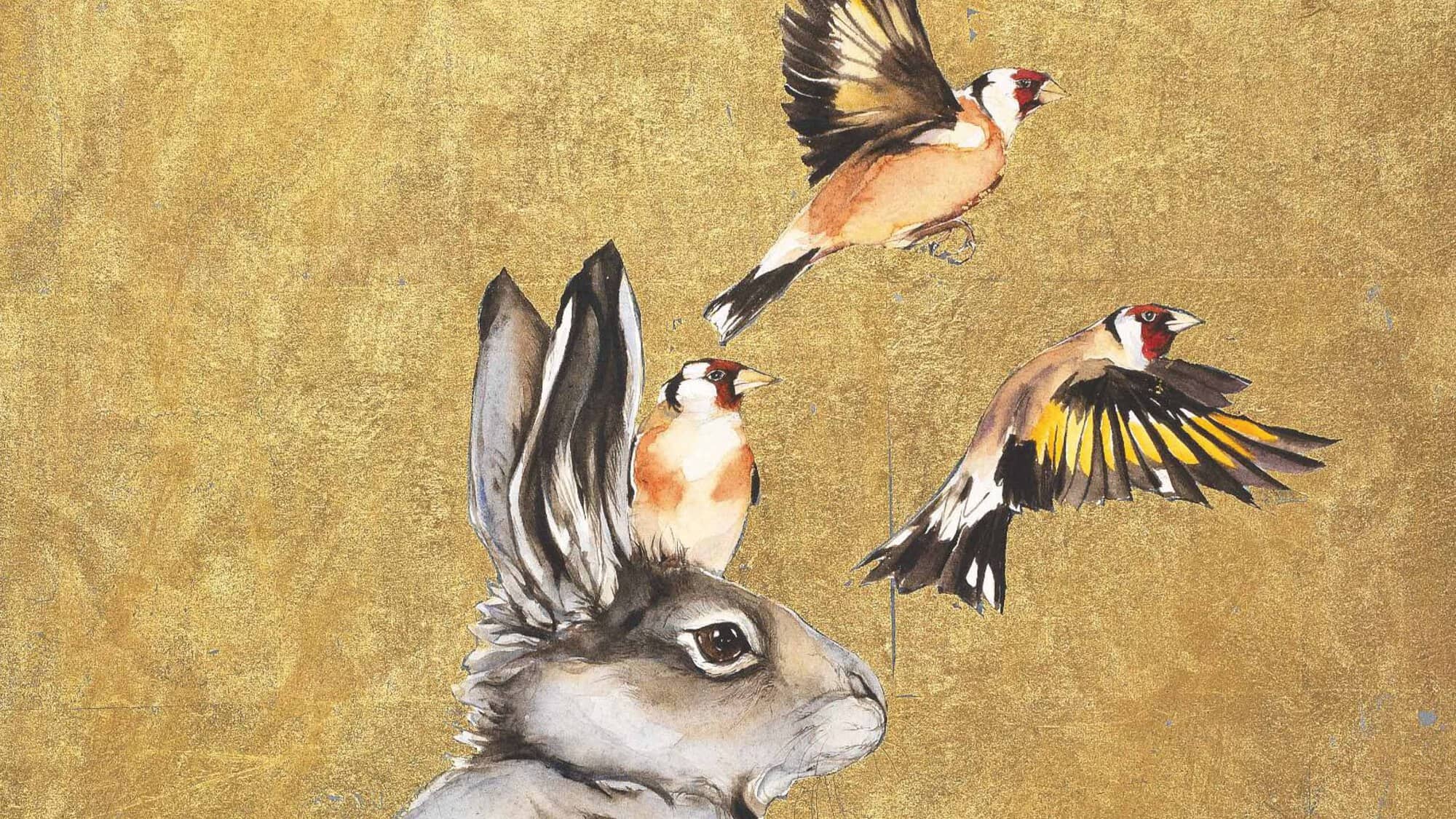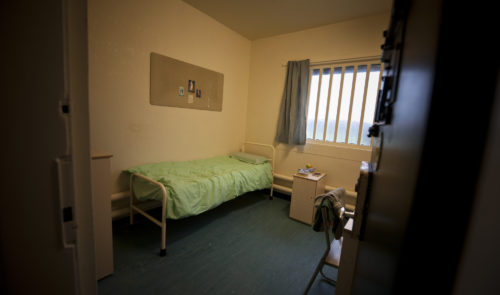
Robert Macfarlane’s research on rediscovering the connection between language and nature has influenced the ways in which children and adults connect to the natural world through language. The publication of his books Landmarks (2015), which then inspired The Lost Words (2017), led to mass participation of primary and secondary schools in learning ‘nature literacy’.
His research examines the complex connections between language, landscape, nature, memory and travel – and particularly children’s loss of knowledge about the natural world and their growing isolation from it. Inspired by research published by Cambridge conservationists, he argues for efforts to re-establish children’s links with nature if we are to win over the hearts and minds of the next generation.
International and UK-based adaptations of The Lost Words in many artistic forms supported creativity, culture, and society and (through sales) the economy, especially the publishing and creative industries. The book has been translated into Welsh, Dutch, Swedish, German and French.
The book’s cultural and creative impact include a flagship BBC Prom concert at the Albert Hall, broadcast live on Radio 3; Seek Find Speak, an Arts Council England (ACE)-funded ‘outdoor spoken-word performance’, performed for over two years; and Spell Songs, also ACE-funded, a folk-music touring concert and book (shortlisted for the Beautiful Book Award) involving 8 artists.
The Lost Words has also become a catalyst for the outdoor learning and outdoor classrooms movement in the UK, and a turning point in the ‘re-greening’ of education, especially in the early years. More than 20 fundraising campaigns have resulted in the donation of the book to all schools in Scotland, all schools in Greater London, 21 English Counties and 3 Welsh Counties.
The adoption of The Lost Words in care contexts (hospitals, dementia treatment, abuse survivor therapy and programmes for refugees) has supported the health and wellbeing of adults. In 2018 a successful campaign raised money to place a copy of The Lost Words in every one of the 220 hospices in Britain.
“Together, these hospices treat over 100,000 patients a year, meaning The Lost Words now has the potential to bring meaning and beauty to thousands of seriously ill patients.”
– Palliative care specialist, Dr Rachel Clarke


